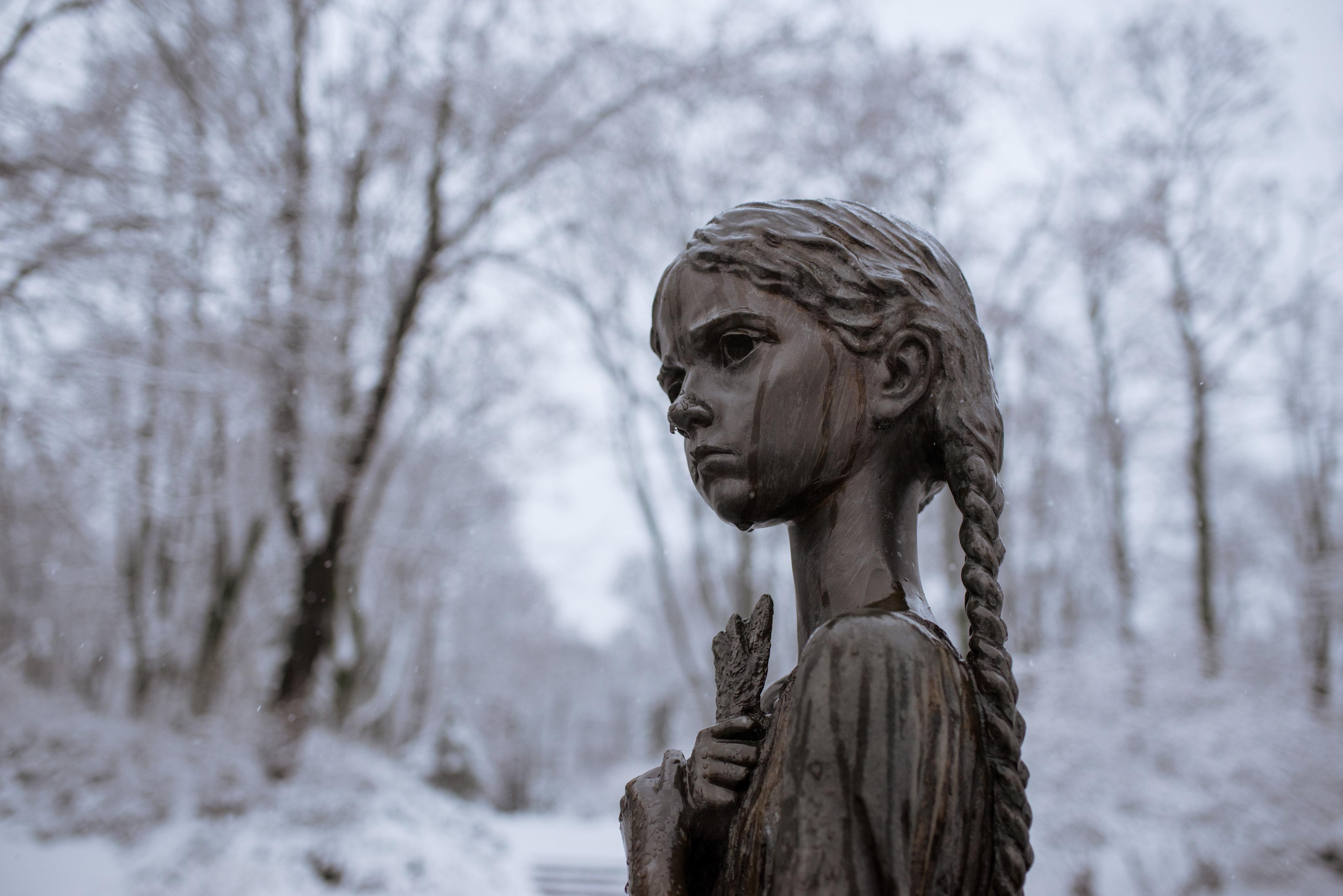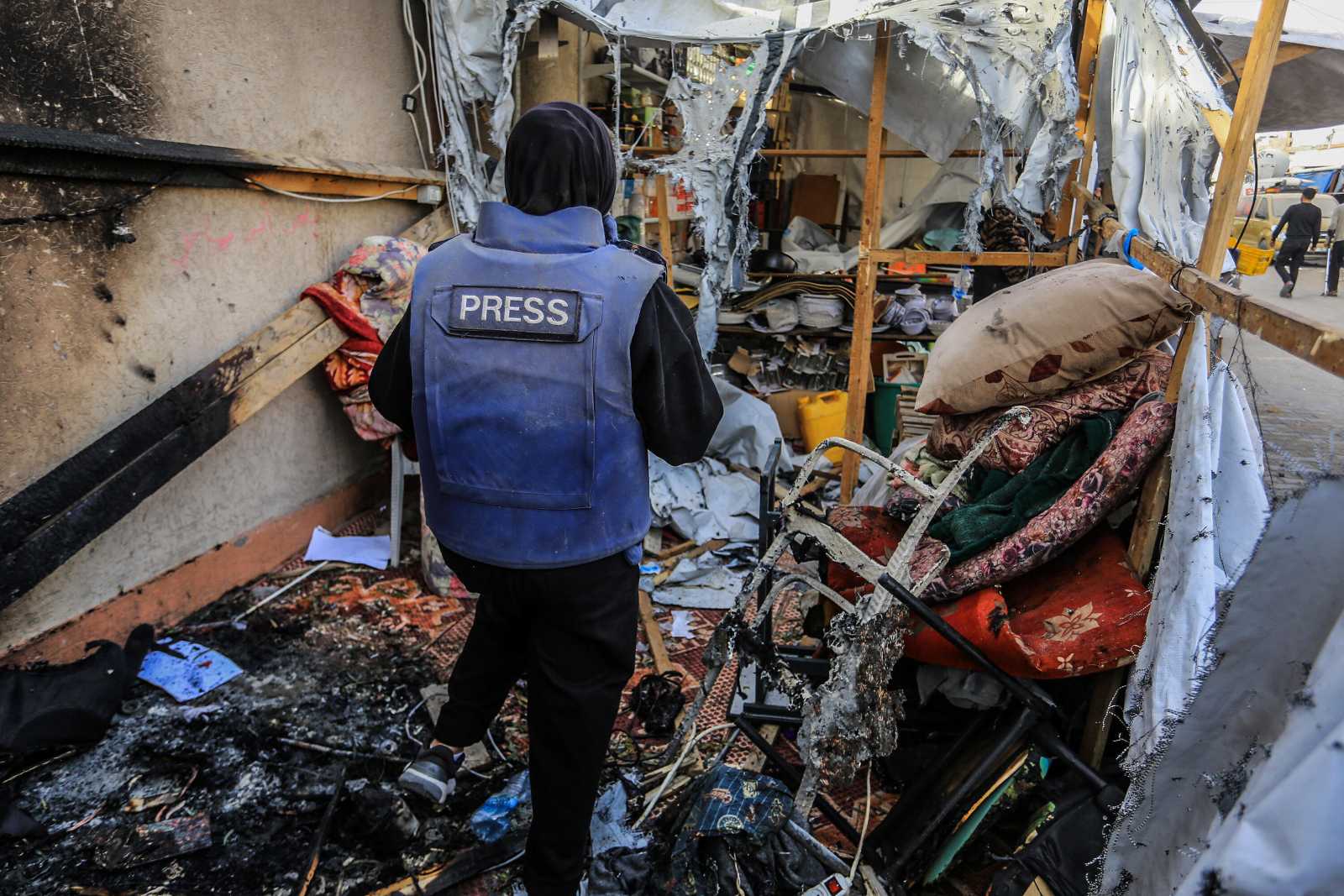The great ironies of Erdogan’s career and ideology
The events in Turkey are confusing. To make sense of them, one must consider history.
Turkey has a history of military coups. In the past, the generals grabbed power claiming to protect the republic’s secular character against religious, anti-modern forces. The military top brass was allied to leaders in the government bureaucracy and the judiciary and was the backbone of the “deep state” that held an iron grip on Turkey. As it proved in coups, the deep state was more powerful than elected governments and its ideology could overturn written constitutions. The deep state was anti-democratic, brutal and despotic.
After first coming to power as prime minister in 2003, it took Erdogan about a decade to dismantle the deep state. In recent years, the military, bureaucracy and judiciary have become more diverse. These institutions are no longer monolithically enforcing unwritten rules based on the ideas of Kemal Atatürk. Today, a sense of constitutional pluralism has developed among Turkish citizens.
The great irony of Erdogan’s career is that he is uncomfortable with the pluralism he contributed to foster. In his first years in government, he had to reach out to all sorts of different groups and communities in order to get a grip on the deep state. The less the old deep state matters, however, the more he seems to be trying to establish a new kind of deep state, one that is guided by his ideas, not Kemalist ones.
He basically defines Turkey as a nation of faithful Sunni Muslims who want to live in harmony and peace according to conservative traditions. That nation, he believes, should play a leading role in the Middle East and North Africa, and the world in general. At the same time, it is threatened by evil forces from within and without.
In reality, Erdogan’s idea of nationhood is a fantasy. The Turkish nation includes ethnic minorities such as the Kurds and religious minorities such as the Alevi Muslims, to name only the two most important ones. As in all other nations, moreover, there are different and conflicting interests. A true democratic order allows all sides to express themselves and facilitates controversial debate, compromise and consensus building. According to Erdogan’s populist fantasy, those who do not agree with him do not really belong to the nation and should not have a bearing on policy-making.
The great irony of Erdogan’s ideology is that it does not even include all patriotic Turkish Sunnis in its understanding of who the “real” Turks are. Indeed, he has turned forcefully against the Gülen movement to which he was allied until a few years ago. It is based on the Sunni faith and has had an impact on many people who have been rising in the institutions that used to form the deep state. The movement helped to thwart the deep state’s power.
Today, Erdogan claims that the Gülen movement was behind the most recent attempted coup. It’s leader, Fethullah Gülen, who lives in the USA, denies any involvement. Indeed, it would be odd for him to team up with the military to stage a coup in the tradition of the deep state. He spent his life fighting the deep state. The coup leaders used Kemalist rhetoric, which goes against the grain of Gülen ideology.
In the aftermath of the coup, Erdogan is now purging state institutions. Some 6,000 people have been arrested - and it seems implausible that a strong legal case can be made against them. Members of the armed services are among the detained, and thousands of judges and justiee-system staff have been suspended. The rule of law is impossible in such circumstances. Erdogan’s supporters now want to reintroduce the death penalty, and he himself has long been demanding a new constitution that would grant him more power.
He says that the failure of the coup means that democracy has won. That is not totally wrong – Turkey certainly does not need a military government. It is not totally correct either. What Erdogan is striving for is not democracy. He is trying to build a regime that would allow him to make all important decisions as an autocrat whilst claiming to represent the true people of Turkey. Anyone who does not agree with his interpretation of the popular will, however, is considered a traitor and deserves to be oppressed.
By weakening the deep state Erdogan actually made Turkey’s democracy stronger for about a decade, but in the past three yeras, he has been destabilising his country in the past three years. Last year, for example, he could have accepted forming a coalition government in a hung parliament and letting the country be ruled according to its constitution. That would have been the democratically correct course of action. Had he followed it, there probably would not have been a coup attempt last weekend.
Instead, he decided to rekindle the war against Kurdish insurgents for party-political purposes and keeps insisting that he needs a new constituion to enforce order. His populist vision is not uniting the country, it is splitting it ever deeper. His policymaking is not leading to peaceful reconciliation, but to ever more resentment and violence.











